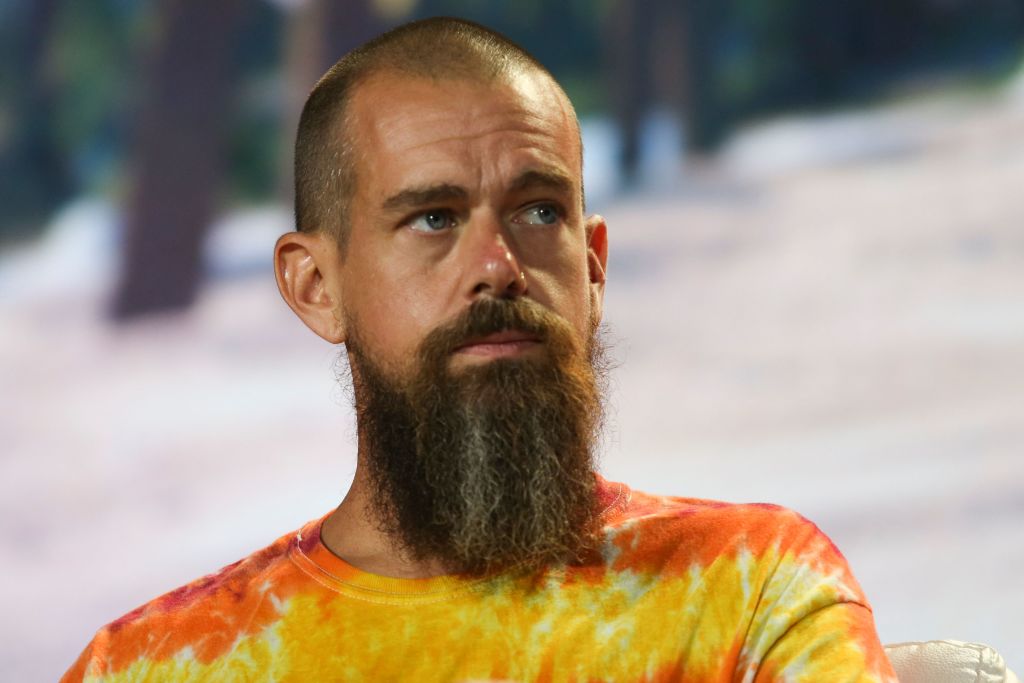- cross-posted to:
- technology@lemmy.zip
- cross-posted to:
- technology@lemmy.zip
Jack Dorsey, co-founder of Twitter (now X) and Square (now Block), sparked a weekend’s worth of debate around intellectual property, patents, and copyright, with a characteristically terse post declaring, “delete all IP law.”
X’s current owner Elon Musk quickly replied, “I agree.”



This is why it’s a mixed bag for me. IP law is kinda important in a capitalist system, which, for better or worse, that’s what we have. If someone comes up with a wonder drug that outright cures addiction or something, you’d want that person to be able to recoup their costs before a bigger organization with more capital swoops in and undercuts them on production costs until they’re the sole supplier of the drug. The hepatitis C cure drug selling for $70,000 is a great example of this quandary; there’s millions of dollars worth of research and clinical trials that went into developing the drug, you’d want the company to be able to recuperate the costs of developing it or else there’s less incentive to do something similar for other diseases down the line. Also, though, $70,000 or go fucking die is an outrageous statement.
Of course, what we have for IP law in practice is a bastardized monster, where corporations exploit the fuck out of it to have monopoly control over important products like insulins and life-saving medications that cost cents to produce and allow them to sell for hundreds a dose. That’s not the intent of IP law, IMO, and that doesn’t really serve anyone.
I see the point you’re aiming at, but it’s not little companies discovering new drugs it’s giant corporations (often on the back of government research money) who then ‘swoop in’ to protect their own profits while people in underdeveloped nations die of tuberculosis or whatever because they would rather make money than save lives.
You might be surprised how small medical research labs can be. The lady responsible for nanolipid particles used in transporting rNA vaccines, in similar fashion to how an organelle gets packaged in membrane and cast out, spent decades cruising on bare minimum public funding.
What costs money is testing phases, including a lab to hold and propogate immortal cell lines and later production lines to create enough doses for thousands of human trials.
Although tbh I don’t expect the USA to be upholding strict drug safety standards in the near future.
Thank you. These arguments are always hard to read. Sure, small labs are where it usually starts, but without enormous and risky investments, we would never have the drugs we have today. Most of these investments fail miserably, so one successful drug must cover the costs of ten unsuccessful ones. Nobody would do that if their IP weren’t protected. It’s more about reputation than facts when it comes to this topic.
Unless it were completely government funded, but that’s clearly not was Illegal Immigrant Billionaire Elon Musk and the Orange Felon are proposing so yeah, IP Laws applying to Pharmaceuticals all the way.
I was speaking generally and obviously there are exceptions and contributions from all over the place. But it’s not tiny labs like that that hold a death-grip on the patents to drugs that are being sold for absurd amounts of money that are far out of reach of the people who need them. Also while I recognize that this kind of research is expensive it must also be recognized that much of that research is funded, directly or indirectly, by the US government through the National Institutes of Health, Centers for Disease Control, etc, so the fact that these big corporations are effectively getting a hand-out and then charging an arm and a leg for it sticks in my craw. But then maybe I’m just weird for thinking that human life is more important than quarterly profits.
The development of new medications should be 100% funded by governments and the IP that comes out of it should be 100% if the government, aka the people.
Governments are the ones that do the investments of projects that don’t directly make money but are good for humanity.
You don’t like that and the hepac drug can suddenly cost 70 dollars
You’re right.
In the US the tax payer subsidizes almost all drug research. Between 2010 and 2019 the NIH spent $184 Billion on all but 2 drugs approved by the FDA.
It worked out to about $1.5 Billion for each R&D product with a novel target and about $600 mill for each R&D product with multiple targets.
https://pmc.ncbi.nlm.nih.gov/articles/PMC10148199/
Or
https://jamanetwork.com/journals/jama-health-forum/fullarticle/2804378
The cost to develop each drug is between about $1 and $2.5 Billion
I’m not sure how much is subsidized outside of NIH but I’d imagine other countries are doing the same.
Why should companies own the whole IP or perhaps why should they have any ownership if most of the funding is from the public?
This is a great point. I know that some pharmas actually do internally funded research, it’s a thing, it happens, but it’s completely dwarfed by shareholder giveaways and government subsidies ofc.
The problem I mostly have is even when those costs are recouped most companies fight tooth and nail to keep the prices high and unaffordable in order to line the pockets of investors.
Yes, 100%.